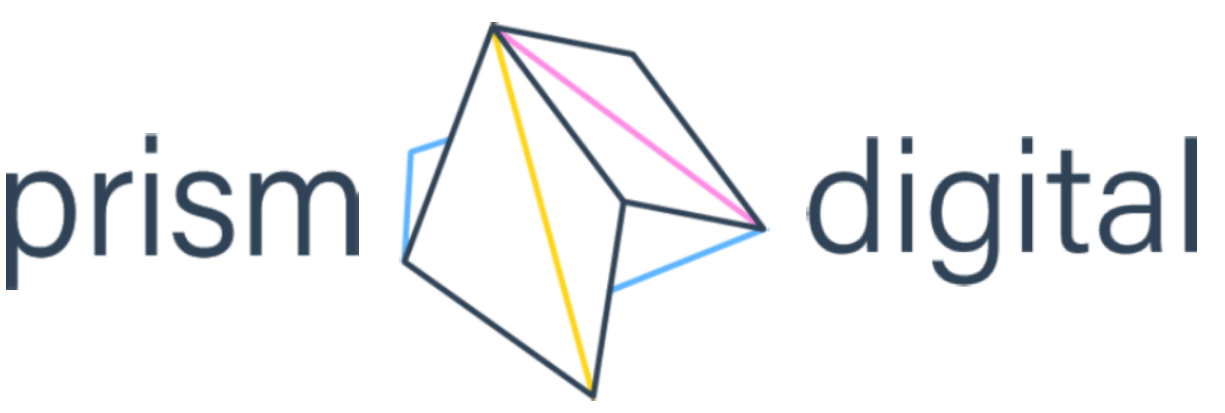Social media has become a powerful tool for connecting, engaging, and educating audiences across various industries, including healthcare. From hospitals and clinics to healthcare providers and advocacy groups, the healthcare sector is leveraging social media platforms to foster community, share valuable information, and enhance patient care.
When used well, social networks are powerful communication tools. They can let you provide science-based health information to millions of people across the globe.
Providers, agencies, and brands need to create social content that’s:
- factual, accurate, and not up for debate
- engaging and friendly
- informative, timely, and accurate
- compliant with all relevant rules and regulations
In this blog, we explore the dynamic landscape of social media in healthcare, highlighting examples and offering practical tips for effective utilization.
Raising awareness
Looking to raise awareness about important health issues, diseases, and preventive measures? Through compelling content, such as educational videos, infographics, and real-life stories, your healthcare organization can reach a wide audience and ignite conversations about topics that matter. By leveraging hashtags, sponsored posts, and collaborations with influencers and advocacy groups, you can amplify your message and inspire action within communities—ultimately driving positive health outcomes and promoting public well-being.

Tip: One of the most effective ways of getting key information out is to share it directly in the body of your social posts. Always provide a link for the audience so they can access more detailed information if they want to.
Dispelling misinformation
Your social media platforms provide you with a direct channel to dispel misinformation and combat health-related myths and misconceptions. By sharing accurate, evidence-based information, healthcare organizations can address common misconceptions, clarify complex medical topics, and promote informed decision-making among the public. Through engaging content, such as fact-checking articles, expert interviews, and interactive Q&A sessions, you can establish yourself as a trusted source of reliable information.
Tip: One thing to be wary of? People are often strongly inclined to believe whatever fits within their existing worldview. Even when presented with quality evidence to the contrary. In cases like these, it’s important to give people space and allow them to let go of their emotional responses. Try to understand their emotional interests and encourage them to seek correct information.
Communicating breaking news
Whether it's announcements about disease outbreaks, emergency alerts, or changes in healthcare policies, social media platforms enable your healthcare organization to disseminate critical information in real-time, reaching a broad audience instantaneously. By leveraging features like live updates, push notifications, and targeted messaging, you can ensure that stakeholders stay informed, empowered, and prepared to respond to emerging situations promptly.

Tip: For those aged 29 and younger, social media is the most common news source. The New York Times even recently reported that TikTok is now the go-to search engine for Gen-Z.
Expanding the reach of existing resources
By sharing informative articles, guides, and videos across various social media channels, healthcare organizations can reach individuals who may not have access to traditional healthcare resources. Interactive features such as polls, quizzes, and live sessions enable you to engage with your audience directly, fostering dialogue and enhancing the accessibility of valuable healthcare information.
Tip: Medical professionals often use journals and conferences to keep up with new knowledge. Why not use social media to bring this education to their attention?
Answering common questions
Social media serves as a valuable platform for healthcare organizations to address common questions and concerns from the public in a timely and accessible manner. By leveraging features like live Q&A sessions, polls, and interactive posts, you can engage directly with your audience, providing accurate information and expert insights on various health topics. Through proactive community management and content creation, your organization can foster trust, build rapport, and empower individuals to make informed decisions about their health and wellness journey.

Tip: Artificial intelligence provides a quick and effective means for transforming your user experience. For example, the World Health Organization developed a Facebook Messenger chatbot that can answer questions from users, direct people to credible sources, and help to counter misinformation.
A final thought
Maintaining your organization’s social media presence as a healthcare professional can be challenging. But the opportunities that social media can present in your industry are endless.
Looking for even more information? Check out our blog post on ‘The unique challenges of healthcare marketing.’
.png?width=200&height=73&name=Logo(1).png)


